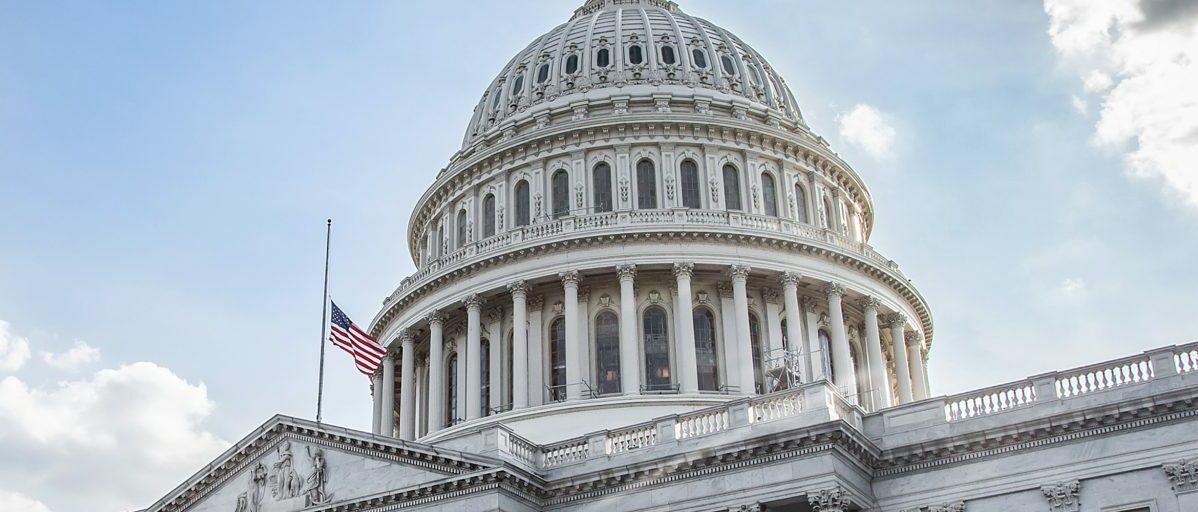The City of Tucson recently enacted a discriminatory local bid preference ordinance, casting off the fundamental concepts of fairness, openness, and predictability in the public procurement process. In doing so, the city raised costs for taxpayers in Tucson and throughout the state, guaranteeing Tucsonans will pay more for public services, while encouraging other cities to discriminate against Tucson businesses that seek to do work outside Old Pueblo.
When the government seeks to purchase goods and services it does so through a public procurement process. Historically, that process is governed by laws and policies that seek to balance the government’s desire to get the lowest price possible with the goal of fair and transparent bidding open to the maximum number of bidders.
For example, if the City of Tucson needs to purchase widgets for installation in City Hall, it will advertise its requirements in a request for proposal, allowing all eligible business to place bids on the request. The broader the class of bidders, the greater the competition. Tucson will then select the lowest and best bid, saving taxpayer money and ensuring that all qualified business are allowed to compete for public funds.
Unfortunately, when politicians are injected in the process, they often manipulate what should be a fair and predicable framework into a tool for political advantage. Such is the case with bid preference laws.
A bid preference is an advantage provided to certain favored businesses. These can range from preferences for women or minority-owned firms to preferences for certain sized or types of businesses. A local bid preference is a preference for firms that are located within the local area or whose owners are residents of the state or city awarding the contract. The government entity will define what counts as a “local business” and then apply a discount, typically a set percentage, to bids from firms that meet the government’s definition.
On June 12, 2012, the Tucson City Council adopted Ordinance Number 10992, a local bid preference law that applies to city contracts for goods and services. Tucson’s ordinance provides for three different local preferences. “Type A” businesses – those businesses whose principal business offices are physically located within Pima County – receive a five percent preference over other businesses. “Type B” businesses – those businesses whose principal business offices are located outside of Pima County but within Arizona – receive a three percent bid preference. “Type C” businesses – those businesses that operate a franchise within Pima County and are owned by Pima County residents – are eligible for a one and a half percent preference.
Under Tucson’s local bid preference ordinance, only businesses that meet these arbitrary criteria qualify for a preference, resulting in higher costs for Tucson taxpayers. For example, assume the City of Tucson needs 10,000 widgets for a public works project. Pursuant to standard procurement processes, Tucson advertises a request for proposals for the product. Company A has its principal offices in Tucson and can produce the widgets for $100.00 each.
In addition to the direct percentage increase, increased costs to taxpayers also occur because firms that do not meet the preference are discouraged from participating in the procurement process. When a market is restricted in this manner, and there are fewer competitors driving costs down, prices increase. And taxpayers end up paying the tab.
Bid preference policies like Tucson’s also encourage other municipalities to retaliate with their own local preferences, creating a bidding war that drives up the costs for all Arizona residents. In recent years local bid preference ordinances have been enacted throughout the state. In other words, there has been an increase in retaliatory legislation when cities like Tucson enact bid preferences. The result, of course, is higher costs for all Arizona residents. Additionally, local preferences put companies at a disadvantage when they seek to do business in other cities. In this case, the door to public contracts will be slammed on Tucson companies that seek to do business outside the city when neighboring jurisdictions inevitably enact their own bid preferences.
Tucson’s bid preference law has dispensed with fundamental notions of fairness and openness in government procurement. In the process, the discriminatory policies have driven up costs for all Tucson taxpayers and put Tucson business at a competitive disadvantage. Still worse, not only are Tucson’s bid preference policies exceptionally bad policy, they are also illegal.









